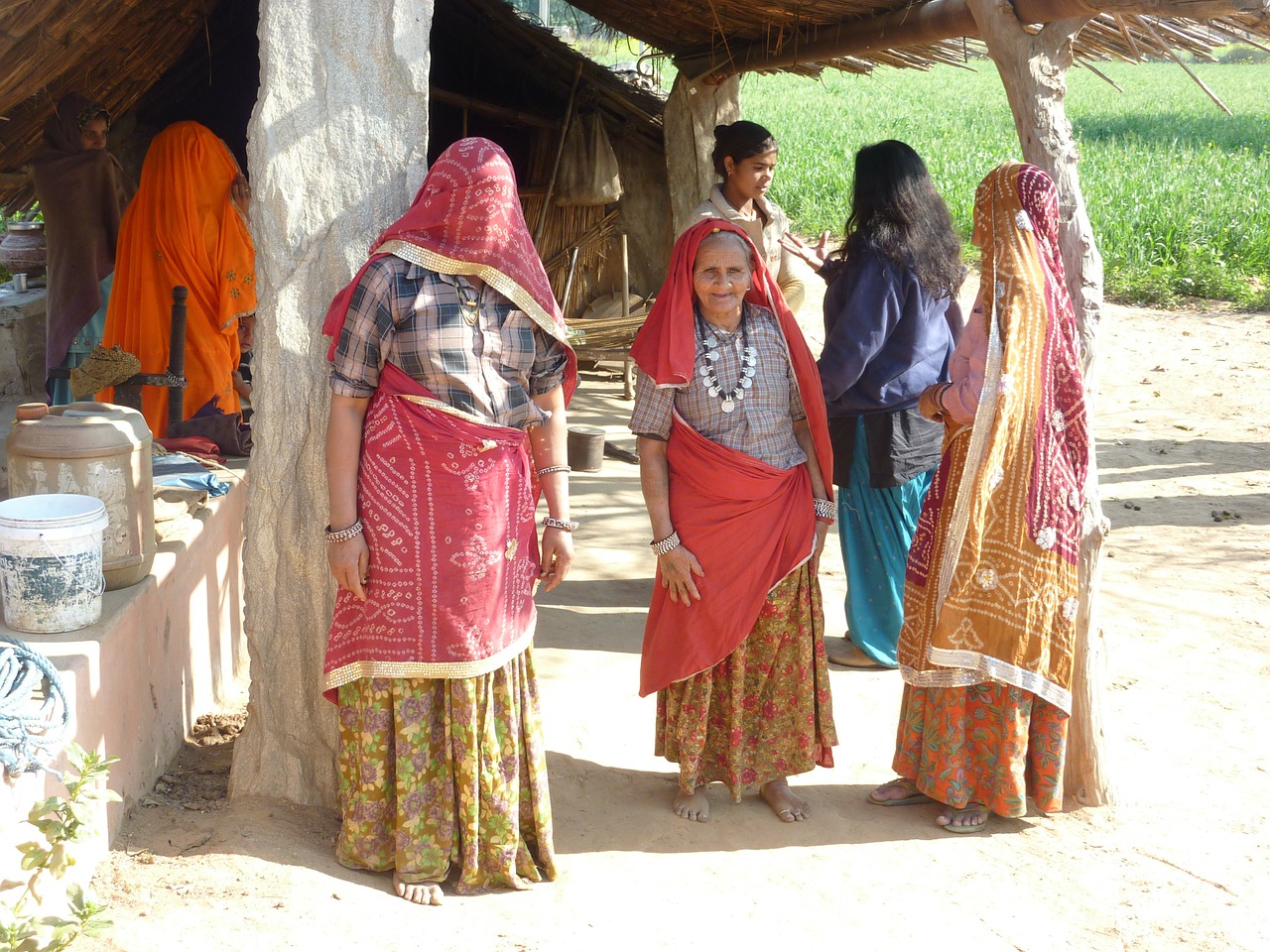Reaching the most marginalised is a matter of social justice, as well as being essential for creating inclusive societies and sustainable economic trajectories. Inequality hurts everyone, hampers progress on poverty reduction and the realization
of human rights, threatens social and political stability and is a drag on economic growth.
At the same time, it is vital that strategies to leave no one behind do not contribute to social fragmentation and stigmatization. Particularly in contexts of fiscal constraint and growing inequalities, an exclusive focus on the furthest behind through narrowly targeted programmes can exacerbate tensions over resource allocation and contribute to the creation of harmful stereotypes and hierarchies of disadvantage and entitlement.
Instead, strategies to leave no one behind should aim to create a sense of solidarity through risk-sharing, redistribution and universal services. Where all citizens reap clear benefits from such services, their willingness to contribute to funding them through progressive taxation is also likely to increase.
At the same time, specific measures may be needed within universal policies and programmes to enable marginalised groups to access them. For example, Australia has introduced indigenous specific primary health services that operate within the universal health system.
These services seek to address the specific barriers experienced by indigenous people, including geographical barriers for rural and remote communities, cultural barriers and racism. Many of the indigenous specific services are delivered by community health organizations that are controlled by indigenous people with a view to ensuring that health services are culturally appropriate and meet their specific needs.
Rather than substituting one for the other, governments should ensure that universal policies and policies focusing on the most marginalised work in tandem to increase access for groups that have been historically excluded while building universal systems that are collectively financed and used by all social groups. Such systems are not built overnight. Where they exist, they often took decades to construct.
Even poor countries can move towards such systems, however, by focusing on scalable solutions that benefit everyone but aim to reach the most marginalised as a matter of priority. This approach is sometimes referred to as progressive or incremental universalism. It means that policies and programmes aimed at reaching those who are furthest behind must be implemented in ways that lend themselves to the gradual incorporation of other, more powerful constituencies.
This makes universal policies more affordable, because fiscal resources for gradual inclusion can be liberated over several years, and contributes to their longer-term sustainability by widening their political support base.
Thank you for reading. Please drop a line and help us do better.
Regards,
The CSR Journal Team


